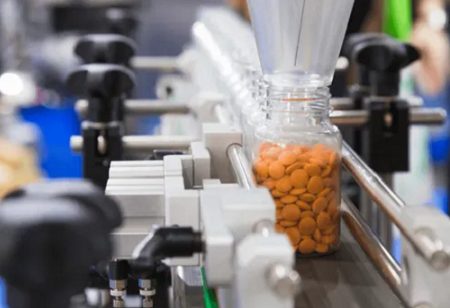The rising impulse of the global population towards a healthy lifestyle might have been the silver lining of the pandemic. As the form of human living evolves, new trends, activities, and consumption patterns are dethroning the past setups, with nutraceuticals at the center of all.
Undoubtedly,
nutraceuticals' health-promoting and disease-preventing characteristics have made them a fundamental component of urban life. According to reports, the global nutraceutical market has recorded exponential growth and is expected to hit USD 991.09 billion by 2030.
In India, the pictures are no different than the globe. During the COVID-19 pandemic, the domestic market for nutritional supplements experienced a massive leap from the expected trends of 10% to over 26%, settling at 16–18% since late 2021 and outpacing global industrial growth.
The Rise
With a developing ecosystem, the Indian nutraceutical market is now witnessing a growing prevalence of startups. Presently, more than 4000 listed startups operate in the domestic nutraceutical market, transforming India into a critical and highly competitive market.
Rising competition matched with the growing demand of the customers is leaving zero room for error; thereby pushing companies to opt for contract manufacturers to procure trusted and reliable herbal goods, leaving space to solely focus on marketing the products under their brand labels.
Although not new, contract manufacturing has evolved as a trending concept in the nutraceutical market of India. Owing to the advantages like — reduced costs, consistent and higher quality products, scalability, and accuracy; third-party manufacturing has been key in boosting the nutraceutical ecosystem in India.
The increasing dependency of Indian brands on contract manufacturing firms is paving the way for new innovations, that will play a major role in elevating operational efficiency in the coming days.
A Turkey Transition
With increasing market competition, the demand for turnkey solutions has taken a robust shape. Starting from ideation to production, the brand demands end-to-end assistance, which is now met by third-party manufacturers.
Owing to the bridging capability, manufacturers are able to offer their customers cutting-edge products while also confirming, testing, and giving them a thorough understanding of the entire production process.
